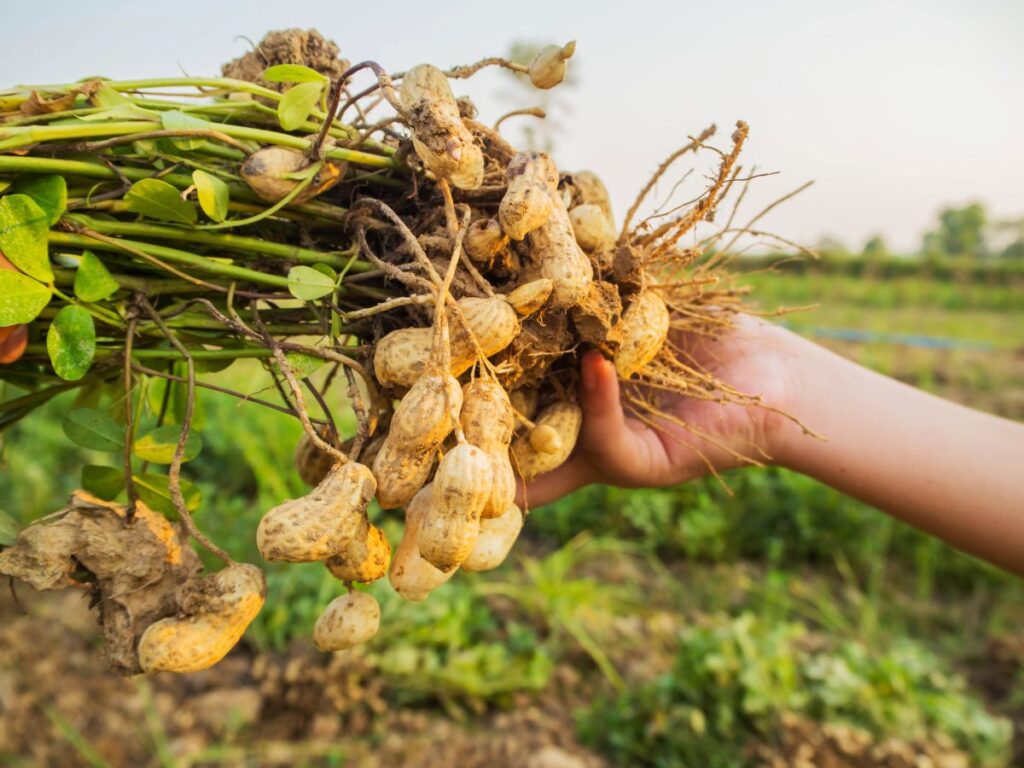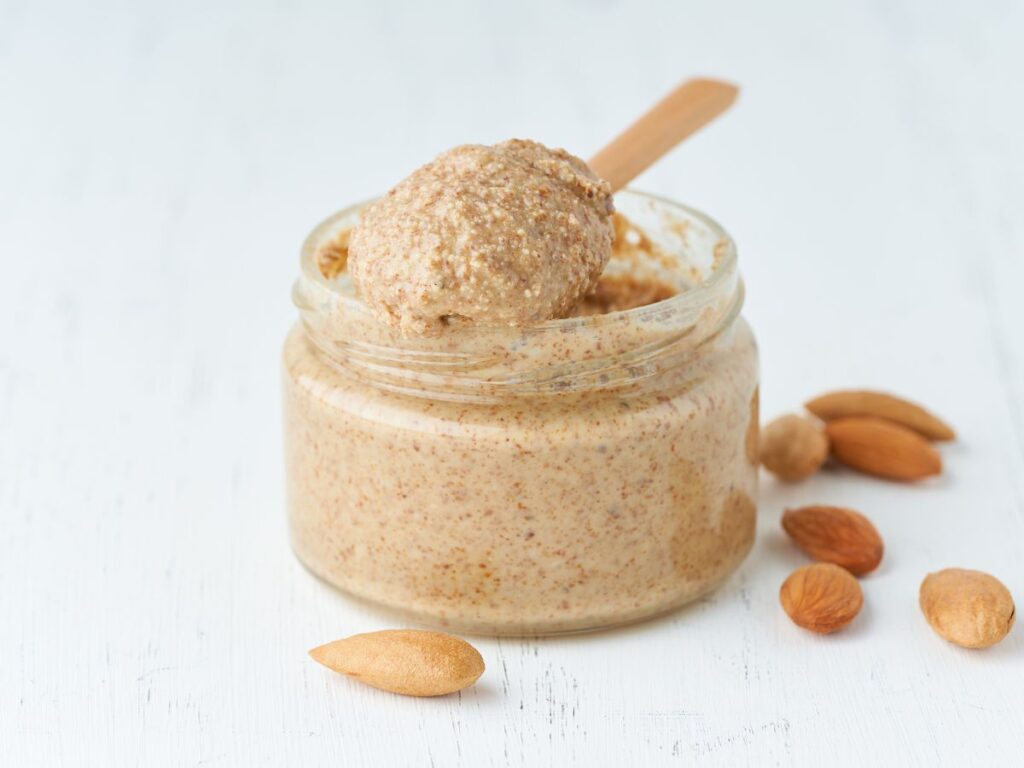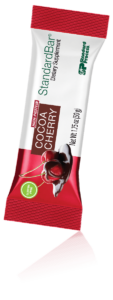Most of us grew up spreading peanut butter on white or wheat bread almost every day for lunch. If your parents were a little fancy, maybe you had almond butter or cashew butter sometimes? Peanut butter and jelly sandwiches are often a go-to meal or snacks for kids. We get it- they’re easy and kids always love them! The sad truth is that not all nut and seed butter is created equal, especially peanut butter. There’s a dark and dirty secret you might want to know about America’s favorite sandwich spread.
Let’s start with the basics. Peanuts are not actually a nut at all. They are classified as a legume, just like a bean or a chickpea. Unlike almonds, which grow on trees, peanuts grow in the soil. While growing, they are often exposed to mold and fungus. Unfortunately, this causes contamination of the peanuts and produces cancer-causing compounds known as “aflatoxins”.

Aflatoxins in Peanut Butter
Produced by the Aspergillus fungus, aflatoxins are highly toxic, as their name suggests. They can lead to leaky gut and food intolerances in both livestock and humans. Aflatoxin contamination in humans can occur in two primary ways:
- acute poisoning from consuming large quantities at once, or
- chronic exposure from gradual, prolonged ingestion.
Sadly, toxic peanut consumption can contribute to malnutrition and other issues in children. Long-term consumption of aflatoxins in peanut butter may result in serious symptoms, including:
- Food allergies
- Autoimmune reactions
- Damage to the digestive system
- Inflammation
- Impaired growth and development
- Increased risk of liver cancer, hepatitis B virus (HBV), or parasitic infections.
The best ways to avoid/reduce exposure to these toxins are:
- Soak, sprout, and ferment your grains, nuts, beans, and legumes.
- Store grains, nuts, beans, and legumes in cool, dry places to prevent mold growth.
- Don’t keep nuts and grains on hand for long. Need to consume them within 1-2 months.
- Buying from local organic farmers is the best option!
Peanut Butter Alternatives
If you were a peanut butter lover before, it’s time to reconsider. Almond butter, cashew butter, or sunflower seed butter are much better choices. Mainly because these nuts grow above ground. And it’s easier to find organic options.
- Almonds are a good source of monounsaturated fats, which have a lower risk of heart disease.
- They contain fat-soluble vitamin E, a powerful antioxidant, and may also help lower cholesterol.
- Almonds are a good source of magnesium, which helps to maintain healthy blood pressure.
Homemade Almond Butter
Did you know, you can make almond butter at home for yourself??
Place 3 cups of almonds and ¼ teaspoon of Celtic Sea Salt into a food processor or high-speed blender.
Pulse until the almonds go from coarsely chopped to crumbly and finely ground.
They should begin to stick together like a paste. If the almonds aren’t quite there yet, add up to 1 tablespoon of coconut oil or olive oil and continue blending until the mixture turns into a beautifully smooth batter.
Finally, spread it on the food that you love. Try a Thin Stacker rice cake or a slice of organic sourdough.
Delicious!
A Convenient Non-Peanut Snack
Have you ever tried a StandardBar? They come in several yummy flavors. Our favorites are the Cocoa Cherry, Cocoa Crisp, or Berry flavors. These are all made with almond butter, among other nutrient dense ingredients. You can order a box through our website. Try it out as a convenient and tasty snack!
And if you need any other ideas to keep on hand, check out a few of our other blogs. We have lots of ideas for healthy snacks for kids – and adults, too!




